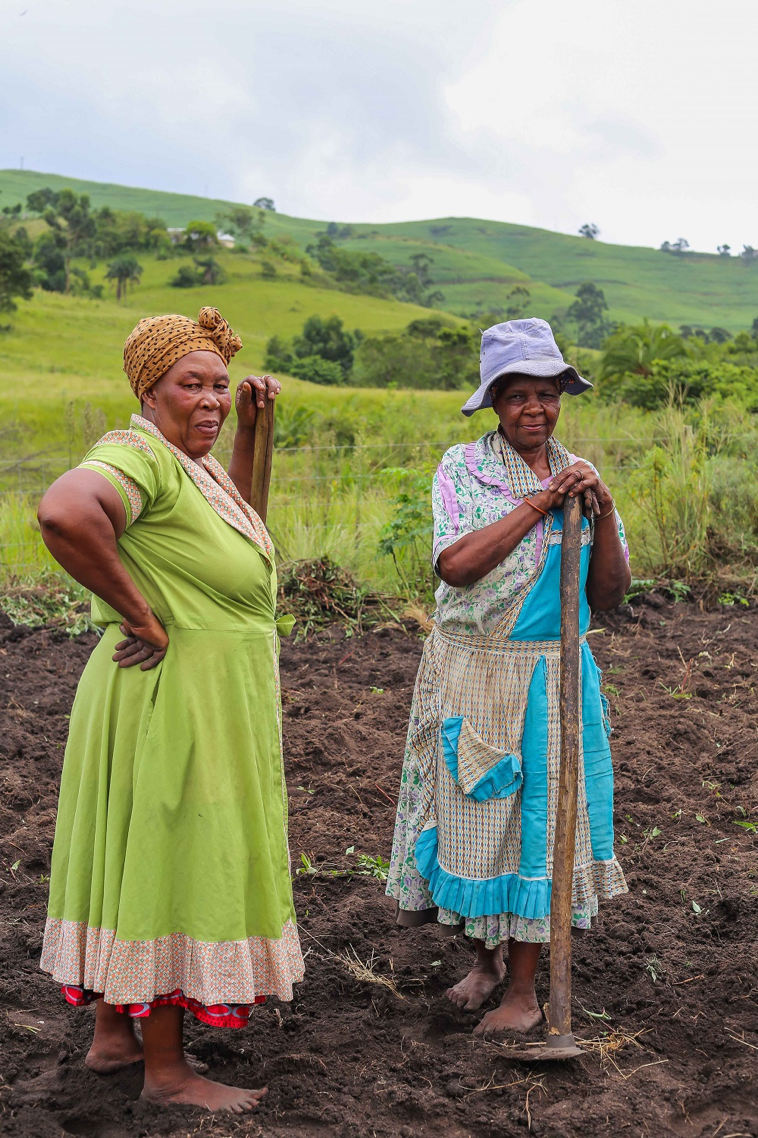Tickets are now available for our annual fundraiser
The Problem
Aid to Africa is often inefficient and unproductive.
 Western programmatic design
Western programmatic design
Programs are typically crafted far from the development problems they seek to address.
This "development distance" creates misaligned incentives and often negative outcomes as developmental programs spend much of their time tailoring their programs to fit donor requirements rather than the needs of the communities they serve.
This further undermines their ability to dynamically respond to problems they face and further undermines trust in development interventions.
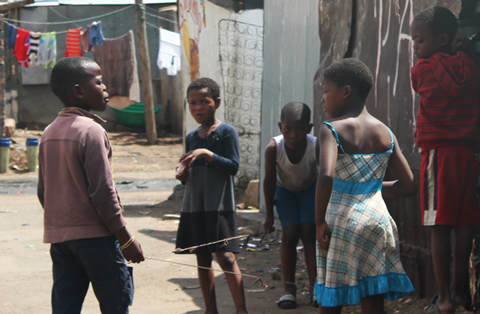
 Poor funding structures
Poor funding structures
Development challenges are long-term problems which require sustained interventions.
Programs and funders that focus on short time horizons often exacerbate development problems but creating incomplete and overconfident solutions to deeply ingrained problems often leaving communities and leaders with variable outcomes and broken attitudes about the future.
Donors often focus giving on infrastructure projects or one time gifts whilst eshewing funding for the long term sustainability of the program. The latter type of funding, sustainable operational funding, is entirely more important to the longevity of the program.
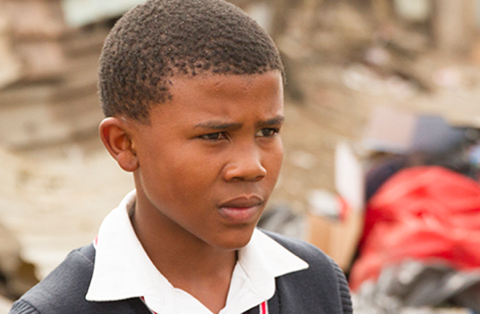
Our Focus
We are currently focused on South Africa. Here's why.
 Unemployment
Unemployment
50% of young people live below the poverty line. South Africa has the 6th highest unemployment rate in the world.
 Poor education
Poor education
It ranks 137th out of 139 countries on quality of public education and last in quality of mathematics and science education.
 Health Crisis
Health Crisis
South Africa has the highest population of people living with AIDS in the world at 7.1 million.
Our Approach
Here’s what we’re doing about it.
 Youth education, health, and
Community Development
Youth education, health, and
Community Development
The greatest need in South Africa is to provide young people high quality education, health care, and stronger communities. As such we choose programs that have these qualities as the core of their programming, are located in which there is no other NGO providing that service, and has strong relationships with the local community.
Importantly, we do not have a bespoke model which we only implement. Rather we choose high quality programs that provide innovative, responsive, grass roots, community driven services.
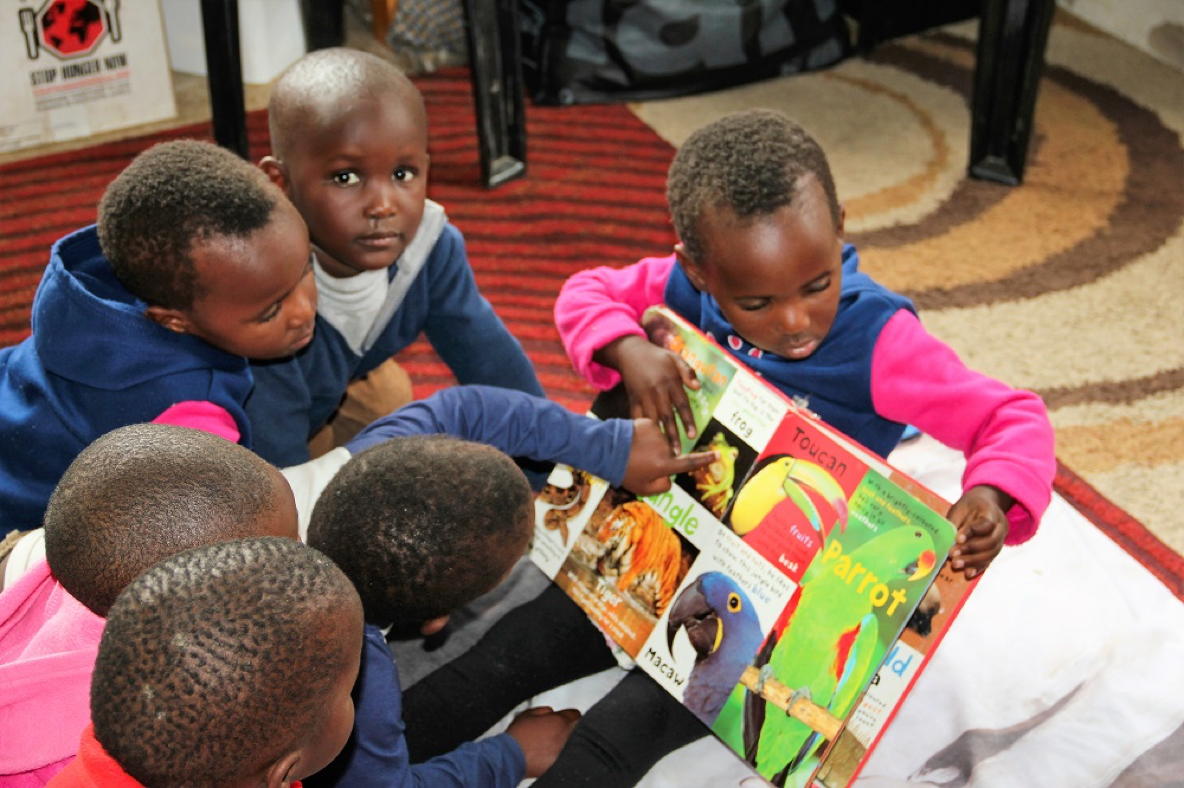
 Long-term
Partnership
Long-term
Partnership
We seek to build relationships with organizations that supports them over time. As such we make a minimum commitment of 5-7 years to projects in our portfolio.
To ensure that the quality of projects we choose is high, we place projects through a rigorous due diligence process, regular site visits, and quarterly reporting on activities.
In addition, we choose projects that have high management capacity whilst dynamically working with and training local populations. Since 2015, we have only selected less than 5% of projects that have applied to be part of the Even Ground network.
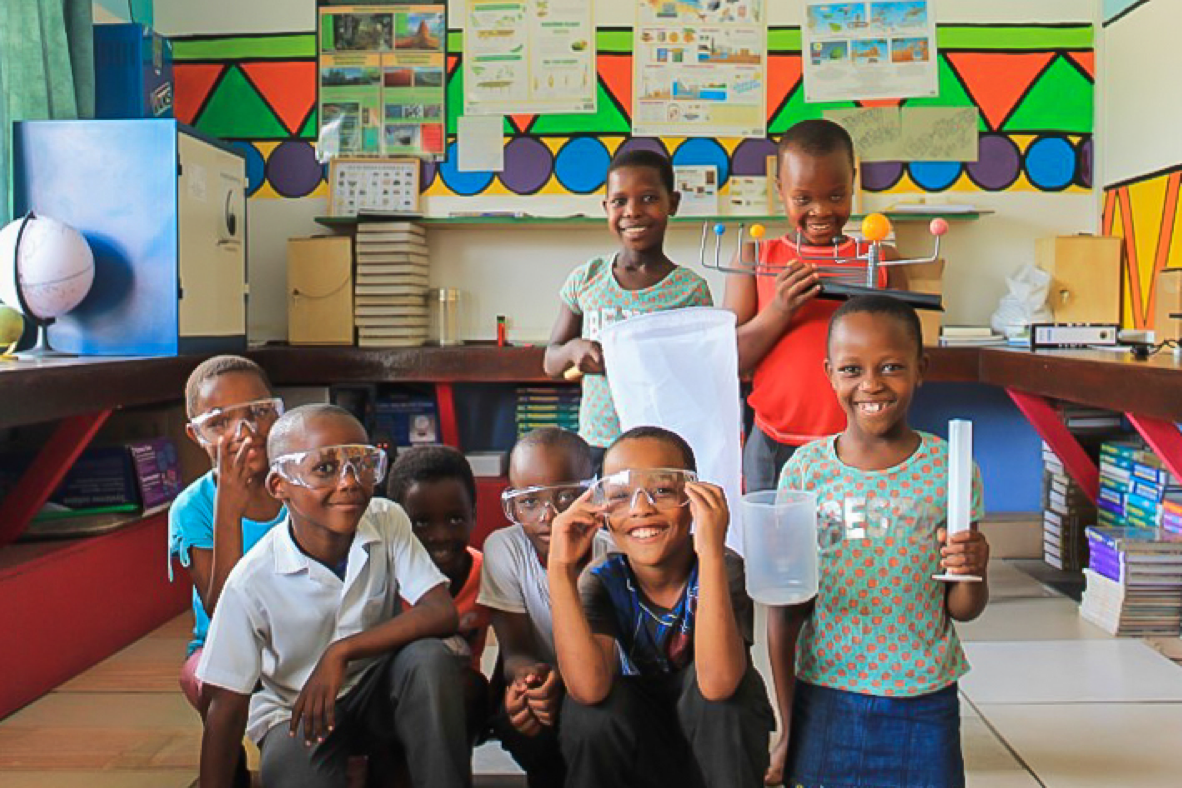
 Funding and Management
Support
Funding and Management
Support
If a project passes through our due diligence process, we seek to provide support that is most helpful for the long term development and growth of the project. This support comes in terms of yearly general funding and management support services from our team in South Africa and in the US.
We stay in close contact with our portfolio projects to ensure that they continue to get the support they need to provide stellar support to the communities that they serve.
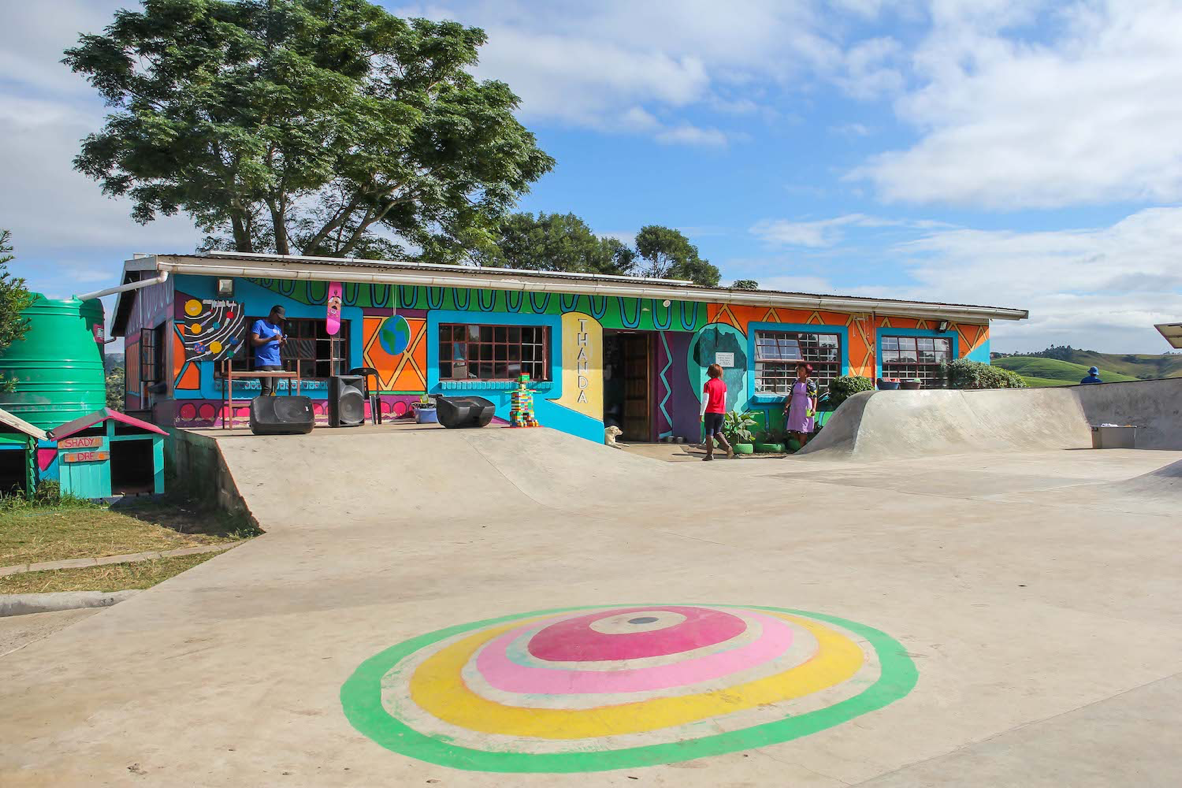
 Cross-Project
Learning
Cross-Project
Learning
We encourage and support cross-project initiatives which allow our projects to form a tight knit supportive community while discovering and implementing best cutting edge practices.
We believe that the best source of knowledge is the projects themselves and seek to deepen and enrich learning amongst them.
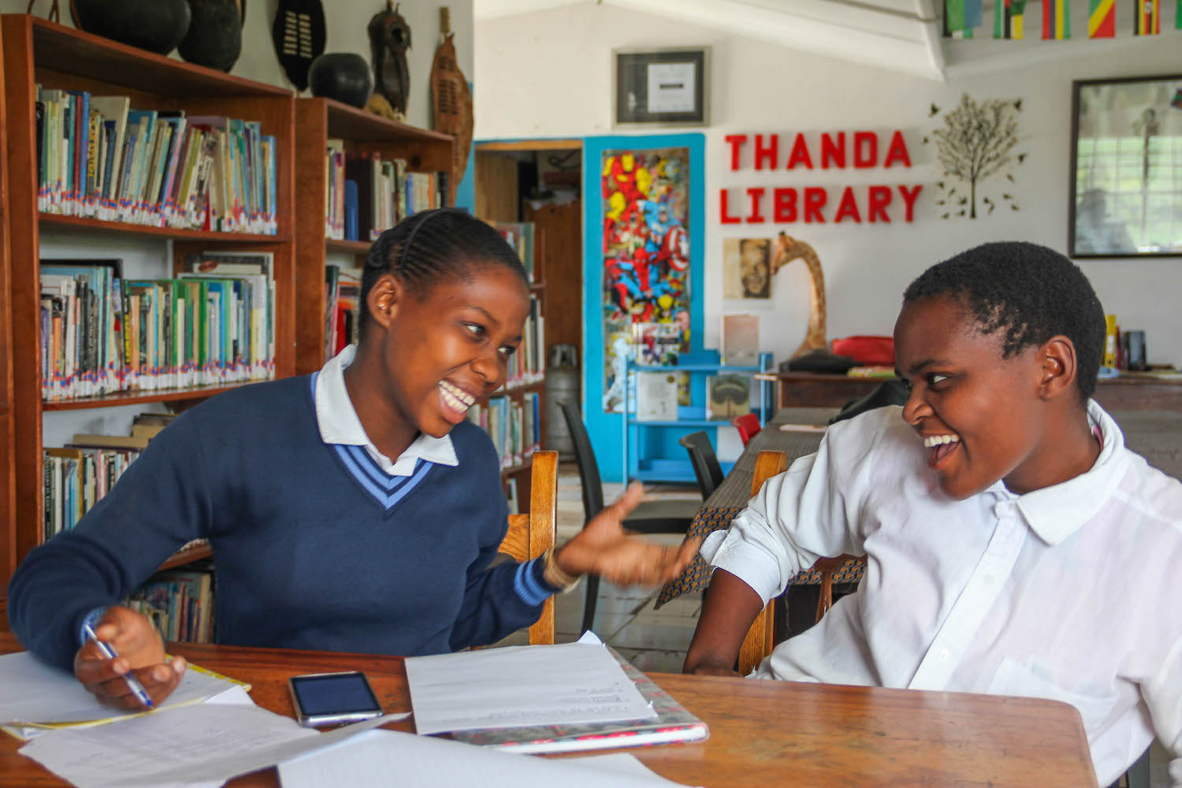
Success Metrics
This is how our projects demonstrate their impact.
 Quantitative
Quantitative
Organization Size and Programs Offered
We track the size of the organization and the programs they offer from three years before a project joins Even Ground through our engagement with them to understand how they grow and change over time.
Number of Children Served
As our primary audience is children we track how many children our projects serve. In addition, we track the key outcomes that our projects determine to be impactful for their children and assist in improving on those measures.
Community Members Served
We are also committed to community development more generally and like children served track how many people in the community are positively impacted by the project.
Expense and Revenue Growth
We are primarily interested in creating organizational strength and resiliency. A core to that goal is “making the numbers”. We track how our projects raise and spend money and assist in creating new revenue avenues and making thoughtful cuts to facilitate efficacy and growth.
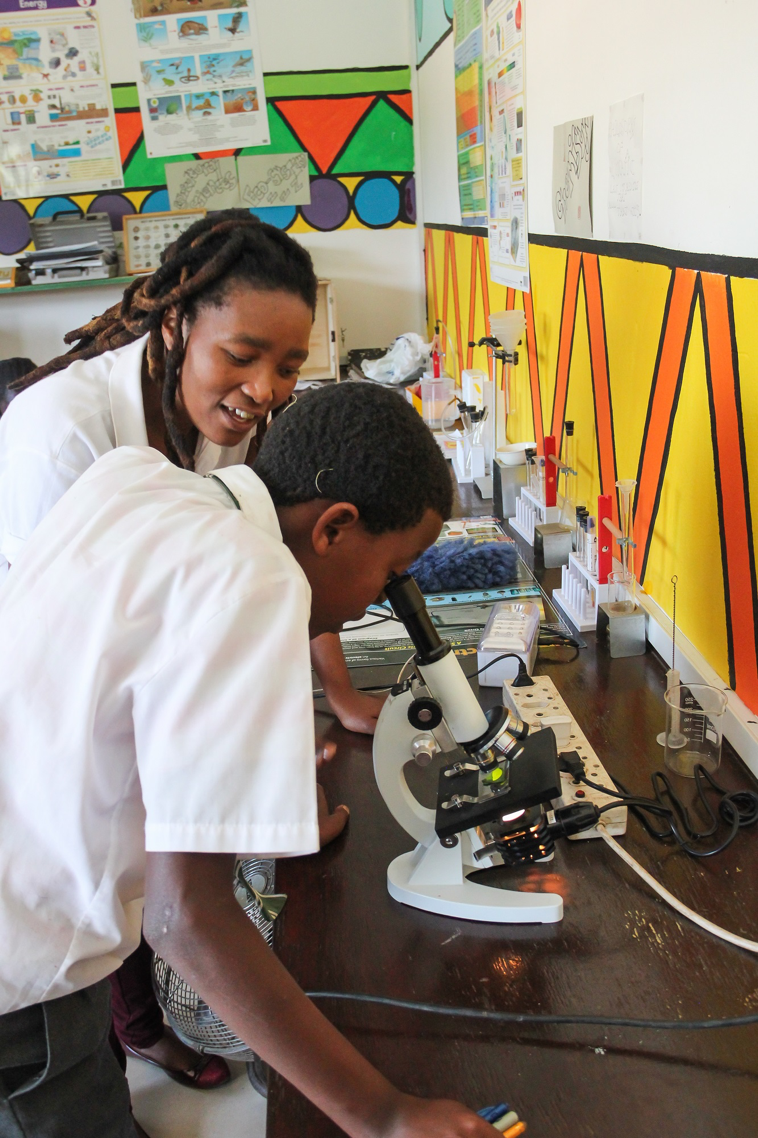
 Qualitative
Qualitative
Organizational Effectiveness
We have evaluate our projects based an overall assessment of organizational effectiveness. This assessment is determined by their ability to meet quantitative targets, ability to manage the organizational targets year on year, and feedback from the populations they serve.
Learning to Others
A core part of the Even Ground value proposition is the ability to leverage different project competencies and share those skill sets across our portfolio. So we encourage and track cross project initiatives to help increase efficacy and identify new areas for collaboration.
Community Support
The most important metric is the community satisfied with the services that the project provides. Therefore we undertake independent assessments of project efficacy speaking directly to recipients to validate our findings and provide feedback to our projects.
